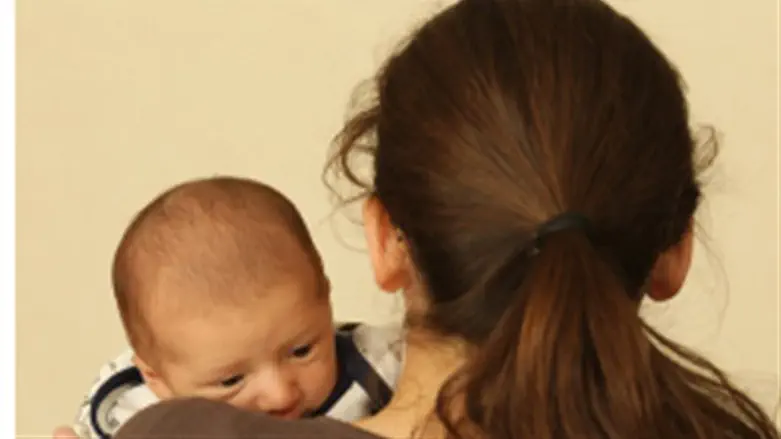
A longitudinal study conducted by Israeli researchers showed that maternal depression may have a long-term impact on children's psychological health and immune responses.
The study, published in Depression & Anxiety, included 125 babies and followed them from birth to ten years of age. Forty-three percent of the mothers had been diagnosed as suffering major depression.
Children's and mothers' saliva was tested for cortisol and SIgA, and home visits were conducted to assess both the children's behavior and the mothers' emotional health.
Children of depressed mothers had higher levels of SIgA, as well as higher rates of psychiatric symptoms and a tendency to be withdrawn.
The study's senior author, Professor Ruth Feldman of IDC Herzliya, said, "Children exposed to maternal major depression respond like those under chronic stress."
She also said that depression impacts maternal stress, thereby impacting children's stress levels. Depressed mothers tend to interact less and more negatively with their children, showing more insensitivity and less empathy.
The effects, she noted, apply even to children of low-risk socioeconomic status who are not victims of abuse.
"Exposure to maternal depression impairs functioning of the child's immune system and stress response," she added. "Such disruptions to the child's stress and immune system, in turn, led to greater child psychopathology."